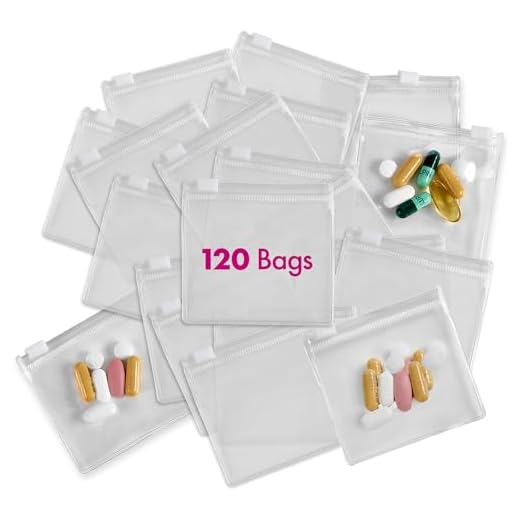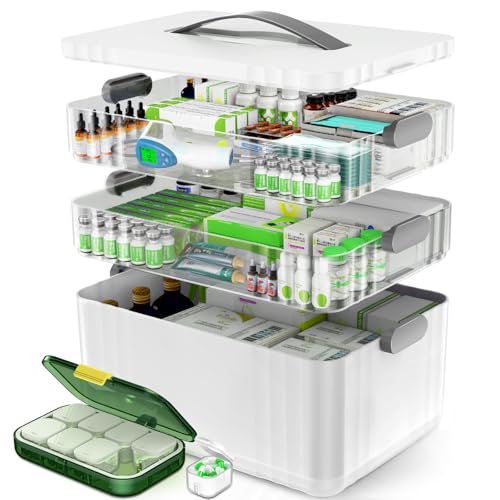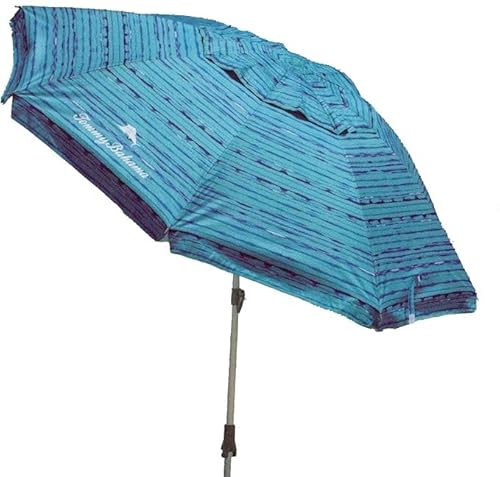



Storing medications in hold baggage is typically permissible, provided that specific guidelines are adhered to. Prescription drugs are best placed in their original containers, clearly labeled with the patient’s name and dosage information. This approach facilitates security checks and ensures compliance with regulations.
Non-prescription remedies may be included as well, but it’s advisable to keep them sealed and in their original packaging to mitigate any issues during transport. International flights may impose different restrictions; therefore, consulting airline policies ahead of time is prudent.
Consider carrying a letter from a healthcare professional outlining the necessity of these items, especially for substantial quantities. Additionally, having a list of medications can streamline the process at customs and security checkpoints, reducing potential delays or inquiries regarding the substances packed.
Understanding Airline Regulations for Medications
Prior to traveling, confirm specific airline policies regarding medications. Many airlines permit the transportation of pharmaceutical products, provided they are properly labeled and in their original containers. It is advisable to carry a copy of the prescription or a doctor’s note, especially for controlled substances, to avoid complications during security checks.
Check Legal Restrictions
Research the legal status of the medications in your destination country. Some substances are restricted or prohibited worldwide, which may lead to serious legal issues if transported. Utilizing resources such as embassy websites can provide pertinent information on these matters.
Storage Recommendations
Maintain medications in a cool, dry environment to preserve their efficacy. If flight times extend, consider bringing additional supplies of moisture-absorbing packets or temperature-regulating packs if necessary. Ensure that medications requiring refrigeration are appropriately managed, and check if they can remain out of refrigeration for limited periods without compromising their safety.
Specific Guidelines for Vitamins in Checked Luggage
Prioritize proper storage for dietary supplements. Use original packaging to prevent damage and ensure identification. It is advisable to separate different types by using small containers or pouches for enhanced organization.
Labeling Requirements
Clearly label all items, including dosage information, to avoid confusion during inspections. Including a copy of the prescriptions, if applicable, may facilitate a smoother process with security personnel.
Quantity Limits
Limit quantities to a reasonable supply for the duration of travel, typically no more than a 90-day stock. This reduces the risk of complications and aligns with regulations regarding excess substances.
- Check for potential restrictions on specific ingredients or formulations.
- Research airline policies for further clarity.
- Keep in mind that international regulations may vary.
For those interested in nutritional details, consider exploring which of the following are the building blocks of proteins for additional insights.
Addressing Prescription Medications and Customs
Always travel with a copy of the prescription for any medications. This documentation helps validate the legitimacy of the items during customs inspections. Carry medications in their original containers, clearly labeled with the prescription details, including the patient’s name, pharmacy information, and dosage instructions.
Customs Regulations for Prescription Drugs
Different countries have unique regulations regarding the importation of pharmaceuticals. Research specific guidelines ahead of time to ensure compliance with local laws. Some nations may restrict certain substances or require additional paperwork. It is advisable to contact the embassy or consulate of the destination country for clarity on importing medications.
Tips for Smooth Customs Clearance
Be prepared for potential inspections by packing medications within easy reach. This practice allows for quick access during thorough checks. It’s wise to declare any significant quantities or uncommon substances upfront to customs officials, minimizing misunderstandings. Always check the legality of medications you intend to take internationally, particularly if they contain controlled substances.
Best Practices for Packing Pills and Vitamins
Utilize small, clear containers or pouches to store your supplements. This not only keeps everything organized but also allows for quick identification during security checks. Consider labeling each container with the name of the contents to streamline the process.
Storage Recommendations
Opt for airtight, moisture-resistant packaging to preserve the integrity of the contents. Avoid using original packaging for bulk items; instead, transfer them into smaller portions. This reduces the amount of space required and lowers the risk of damage.
Travel Documentation
Maintain a copy of prescriptions or a note from a healthcare professional to justify the need for certain items if questioned during customs checks. Keep this documentation separate, easily accessible, along with any specific dietary requirements.
| Item Type | Recommended Container | Labeling Method |
|---|---|---|
| Tablets | Small plastic pill container | Name of supplement, dosage |
| Powder Supplements | Airtight zip-lock bag | Name, serving size |
| Softgels/Capsules | Pill organizer box | Name, expiration date |
| Vitamins | Travel-friendly vitamin pouch | Identification for daily intake |
Invest in robust travel gear from a best luggage showroom chennai to protect your belongings. Prioritize keeping items secure during transit to prevent spillages and damage.
Review your insurance options to ensure you’re covered for potential loss or damage to high-value items. Consult sources for the best umbrella insurance companies wallethub that can provide you with comprehensive information.
What to Do if Your Medications Are Lost or Delayed
Immediately contact the airline to report missing items. Provide details such as flight number and baggage claim ticket. Ask for a reference number for your report.
Check with the airport’s lost and found. It’s possible that items were turned in there. Follow up regularly to track progress.
If prescriptions are essential, visit a local pharmacy. Bring a copy of the prescription or a statement from the physician, if available.
Consider using a medication management app. Such tools can help document prescriptions for easier re-establishment if needed.
If traveling internationally, contact the embassy or consulate for potential assistance in acquiring temporary medication.
Always carry a small supply of crucial items in a carry-on. This minimizes the risk of facing issues during travel.
Keep a detailed list of medications, including dosages and prescribing doctors. This aids in quick recovery if anything goes missing.







